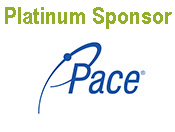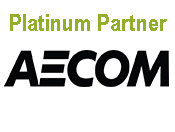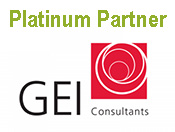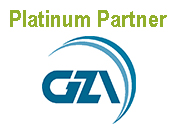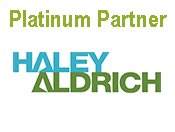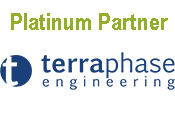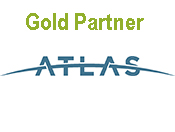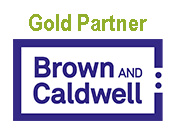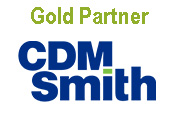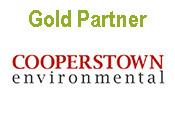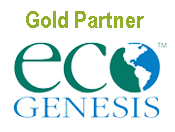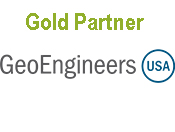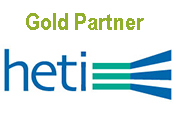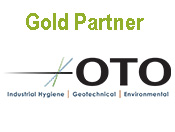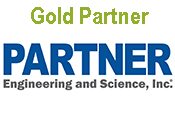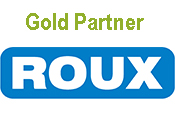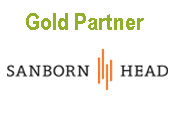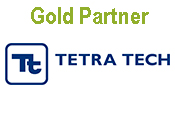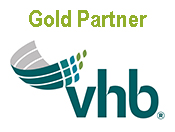|
Method Update & Tools for Evaluation of PFAS, 1,4-Dioxane, and Inorganics Analytical Data
Thursday, May 12, 2022, 11:00 AM - 2:15 PM EDT
Category: Course - Live Webinar
LSPA Continuing Education Webinar:
Method Update & Tools for Evaluation of PFAS, 1,4-Dioxane, and Inorganics Analytical Data
When: Thursday, May 12, 2022
Time: 11:00 AM - 2:15 PM EST
Live Webinar via Zoom
Registration: In your LSPA registration confirmation email, you will receive a link to a Zoom Registration for this topic. Registration for LSPA webinars requires a two-step process. 1) Complete the LSPA registration, and 2) In your LSPA confirmation email, you will receive a link to a Zoom "Webinar Registration". You must also complete this registration in order to receive the webinar link, and reminder emails with course materials. Registration closes 15 minutes prior to the start of the webinar.
Cost: Members $150 | Non-members $300
Course Instructors:
- Susan Chapnick, M.S., President & Principal Scientist, New Environmental Horizons, Inc.
- Elizabeth Denly, ASQ CMQ/OE, Vice President, PFAS Initiative Leader & Chemistry Director, TRC Companies, Inc.
- James Occhialini, Vice President, Specialty Services Practice Leader, Alpha Analytical
- Nancy Rothman, Ph.D., CEO & Principal Scientist, New Environmental Horizons, Inc.
View Instructor Biographies
Available Credits:
3.0 Technical LSP Credits (#1773)
3.0 CT LEP Credits (CTLEP-564 W)
3.0 NY PE Credits (#20228678)
3.0 NY PG Credits (#20228678)
*To ensure you receive continuing education credit for your attendance in this webinar, please read the LSPA's guidelines here.
Course Description:
EPA is in the process of developing analytical methods for non-drinking water matrices but these methods are not yet available. In the absence of an EPA method, data users need to understand the modifications laboratories are implementing or not implementing in order to determine whether data quality objectives are being achieved. Some common differences within the laboratory community include the use of isotope dilution, sample preparation steps, use/evaluation of secondary transition ions, and acceptance criteria for labeled surrogates.
This webinar will provide an update on the analytical methods and tools for evaluating PFAS and 1,4-Dioxane. In addition it will also provide a look at some interpretation issues associated with inorganic parameters. The webinar will also provide training on the impact of general quality control (QC) issues including assessment of method and matrix QC results for these analytical methods. With this information, the data user will be able to evaluate the data received to determine the accuracy, precision, and ultimate usability of their PFAS, 1,4-dioxane, and inorganics data.
To view course agenda, please click here.
|

 Prev Month
Prev Month View Month
View Month Search
Search Go to Month
Go to Month Next Month
Next Month
 Export Event
Export Event 